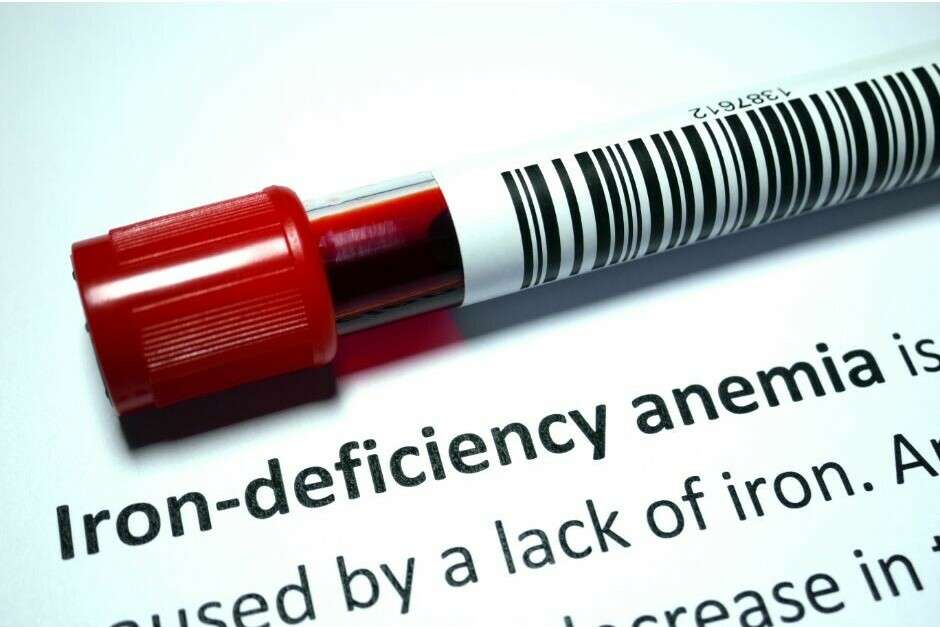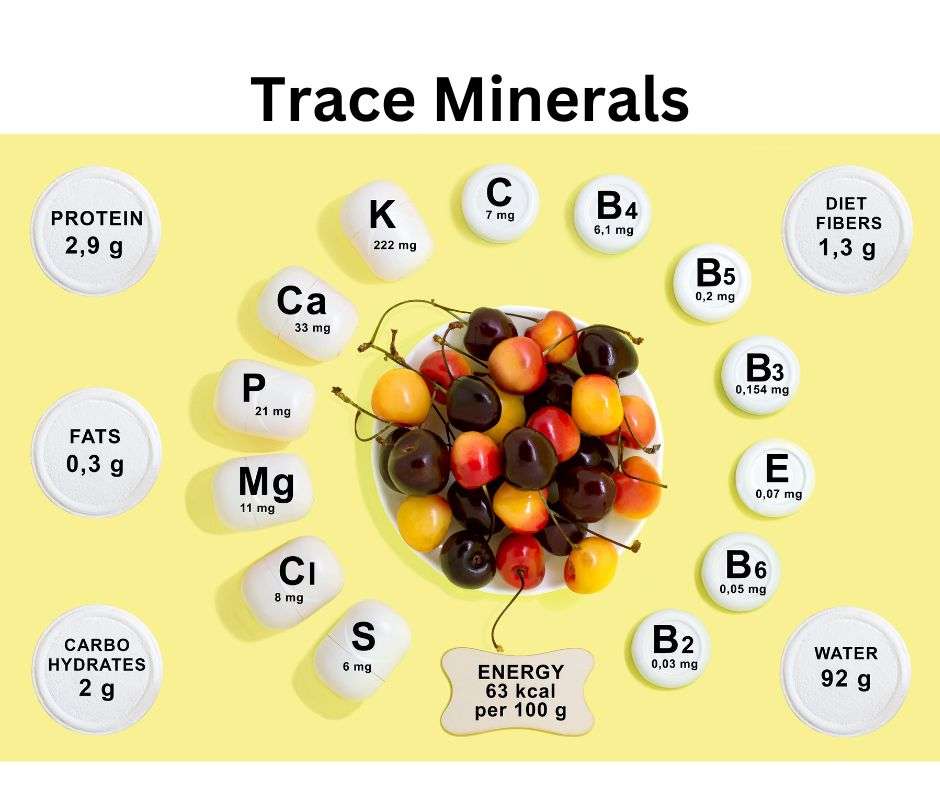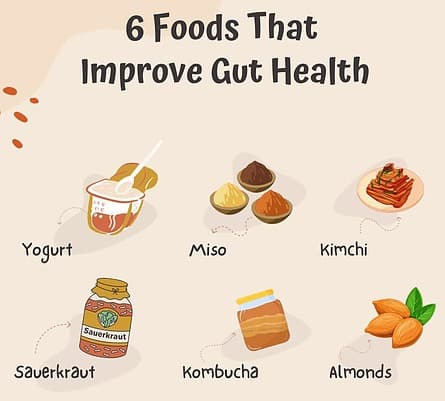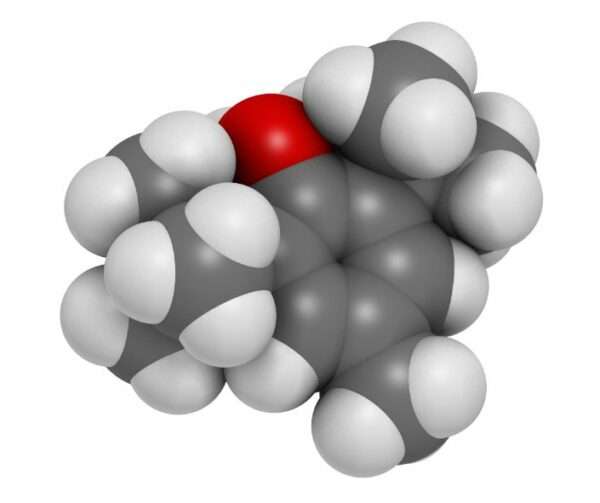What is BHT and Its Presence in Food
In today’s fast-paced world, food preservation has become a crucial aspect of the food industry. One commonly used ingredient in food preservation is BHT.
What is BHT???
BHT, stands for butylated hydroxytoluene which is also known as a synthetic antioxidant, is widely used as a food additive to extend the shelf life of various products. They are the synthetic chemical ingredient used in packaged foods as a preservative.
The presence of BHT in our food has raised questions and concerns among consumers. What exactly is BHT? How does it affect our health? Is it safe for consumption?
Join us as we unravel the mysteries surrounding this synthetic antioxidant and gain insights into its significance in the realm of food additives.
Common Uses in Food and Other Products
BHT is used in:-
- Processed Meats and deli products,
- Chewing gum,
- Dehydrated foods,
- Margarine and vegetable oils,
- Baked goods, snacks,
- Certain edible fats,
- Foods that contain fats and additional flavoring.
In addition to this, it is also found in cosmetics such as lotions, perfumes, lipsticks and pharmaceuticals, jet fuels, rubber, petroleum products, and embalming fluids.
Why is BHT bad for you?
BHT is bad as it might cause:-
- Enlargements in the liver,
- Inflammation in the lungs,
- Reproductive System, and
- Decrease in potassium levels
Excessive consumption of ultra-processed food is linked to several chronic health conditions such as cancer, obesity, heart problems, and type 2 diabetes.
3 Types of BHT Foods To Avoid
The use of certain food additives has raised concerns among health-conscious individuals, and one such additive that has come under scrutiny is Butylated Hydroxytoluene (BHT). While BHT is commonly used as a preservative in various products, including food and cosmetics, there are growing concerns about its potential side effects and health hazards. It’s essential to explore the potential dangers associated with BHT, including its toxicity and the possibility of allergic reactions. By raising awareness about these issues, we can make informed choices about the products we consume and ensure our overall well-being.
1. Processed Meats and Deli Products

Are you concerned about the potential risks associated with consuming processed meats? It’s no secret that these types of products often contain additives and preservatives to extend their shelf life. One such additive that has garnered attention is BHT or butylated hydroxytoluene.
BHT is commonly used in processed meats, deli meats, and cured meats as a food preservative. Its purpose is to prevent spoilage and maintain the quality of the product for longer periods. However, there have been debates and discussions surrounding the safety of BHT consumption.
While regulatory bodies such as the FDA deem BHT safe for consumption in limited quantities, some studies suggest possible health concerns associated with its long-term use. These concerns range from potential effects on liver function to links with cancer development.
It’s important to note that many food manufacturers are actively seeking alternatives to BHT and other similar additives. They are striving to provide consumers with healthier options without compromising on taste or quality.
If you have reservations about consuming processed meats containing BHT, it’s wise to explore alternative options such as fresh meat or organic alternatives. Additionally, reading product labels can help you make informed choices about what you consume.
Ultimately, it’s crucial to stay informed and make decisions that align with your personal preferences and health goals.
2. Breakfast Cereals and Granola Bars
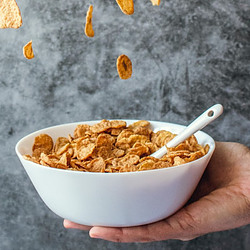
Are you concerned about the preservatives in your breakfast foods? Look no further! In today’s fast-paced world, convenience is key when it comes to our morning routines. That’s why many of us turn to grab-and-go options like granola bars. But what if we told you that there’s a better way? Introducing breakfast foods without BHT, and granola bars that don’t rely on this controversial preservative. With the help of innovative brands and their commitment to using natural alternatives, you can now enjoy your favorite breakfast treats without compromising on your health. Say goodbye to unnecessary additives and hello to a more wholesome start to your day!
3. Margarine and Vegetable Oils
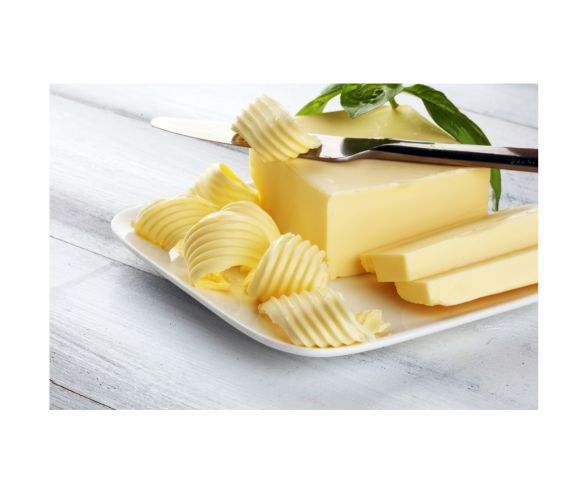
Introducing a healthier alternative to traditional margarine products! We understand that your health and well-being are of utmost importance, which is why we are excited to share with you the benefits of choosing margarine products that are preserved with natural antioxidants instead of synthetic ones like BHT (butylated hydroxytoluene) or BH (butylated hydroxyanisole).
Many conventional margarine brands use BHT and synthetic antioxidants in their vegetable oil formulations to extend shelf life. While these additives may help preserve the product, they have raised concerns among health-conscious individuals due to potential risks associated with their consumption.
Fortunately, there are now innovative margarine options available in the market that utilize natural antioxidants derived from plant-based sources. These alternatives not only provide longer shelf life but also offer a healthier option for you and your loved ones.
By opting for margarine products preserved with natural antioxidants, you can enjoy the same great taste and texture while avoiding potentially harmful synthetic additives. These natural antioxidants help protect the vegetable oils used in margarine from oxidation, ensuring freshness and quality without compromising your health.
Moreover, these new-generation margarines often contain higher levels of essential fatty acids such as omega-3 and omega-6, which contribute to heart health and overall well-being. With their improved nutritional profile, they serve as an excellent source of healthy fats for those looking to maintain a balanced diet.
So why settle for conventional margarine laden with artificial additives when you can make a smarter choice? By selecting margarine products preserved with natural antioxidants like those found in our brand, you can have peace of mind knowing that what you’re consuming aligns with your wellness goals.
How can you avoid BHT in food?
You can avoid BHT in food by choosing fresh whole foods whenever possible.
If you’re looking to avoid BHT in your food, here are some tips:
- Read Labels Always: Look for products labeled as “BHT-free” or check the ingredient list for Butylated Hydroxytoluene or E321. Some manufacturers explicitly state if their products do not contain BHT.
- Choose Whole Foods: Fresh fruits, vegetables, meats, and grains typically do not contain added BHT. Opting for whole foods and cooking meals from scratch reduces the likelihood of consuming BHT.
- Choosen Organic Products: Organic products often have stricter regulations regarding additives like BHT. Choosing organic versions of processed foods can decrease your exposure to synthetic antioxidants.
- Natural Alternatives: Look for products preserved with natural antioxidants like vitamin E (tocopherol) or vitamin C (ascorbic acid). These are sometimes used instead of synthetic antioxidants like BHT.
- Homemade Options: Consider making your own snacks and meals at home. This gives you full control over the ingredients you use, allowing you to avoid BHT entirely.
- Educate Yourself: Stay informed about food additives and their potential health effects. Understanding where BHT is commonly found and how it’s used in food processing can help you make informed choices about the products you consume.
Remember that the main health concern may not be the preservatives themselves but it is the nutritional value of the processed foods that contain them. Food preservatives like BHT are safe to consume at the specific dose recommended by the FDA.
Protect your health today!
Frequently Asked Question
What are the symptoms of BHT?
Typical symptoms include redness, swelling, itching, and fluid-filled blisters.
Articles you might like:
